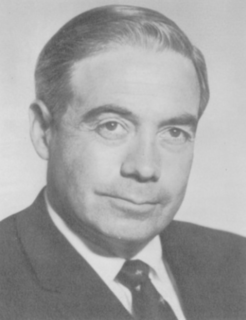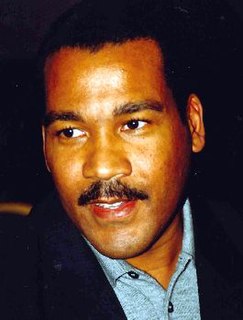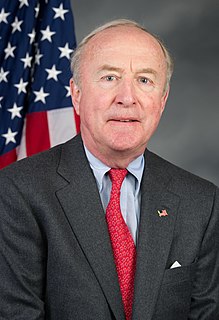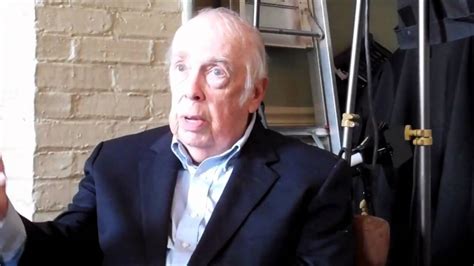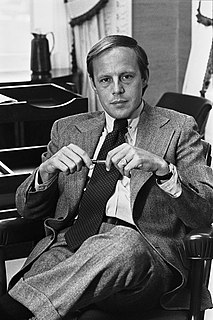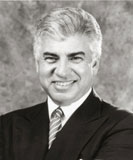A Quote by Thomas Frank
The revival of the Right is as extraordinary as it would be if the public had demanded dozens of new nuclear plants in the days after the Three Mile Island disaster; if we had reacted to Watergate by making Richard Nixon a national hero.
Related Quotes
Richard Nixon clearly broke the law in the cover up of Watergate and hush money payments. That was all criminal activity. With these guys, we're not talking about the kind of common crimes that Nixon committed. I can't tell you whether they are technically breaking the law, but basically, the American government has been hijacked by neoconservatives. They are taking an awful lot of national security operations into the White House.
The president, apparently, was so totally unaware of where his foreign policy was that he had to appoint a distinguished commission to help him locate it, and when the commissioners called him in to testify, he told them, essentially, that he couldn't remember what it looked like. Now, if Richard Nixon had claimed something like that you would at least have had the comfort of knowing he was lying. You could trust Nixon that way. But with this president, you have this nagging feeling that he's telling the truth.
Within days of Richard Nixon's inauguration in January 1969, national-security adviser Kissinger asked the Pentagon to lay out his bombing options in Indochina. The previous president, Lyndon Baines Johnson, had suspended his own bombing campaign against North Vietnam in hopes of negotiating a broader cease-fire.



